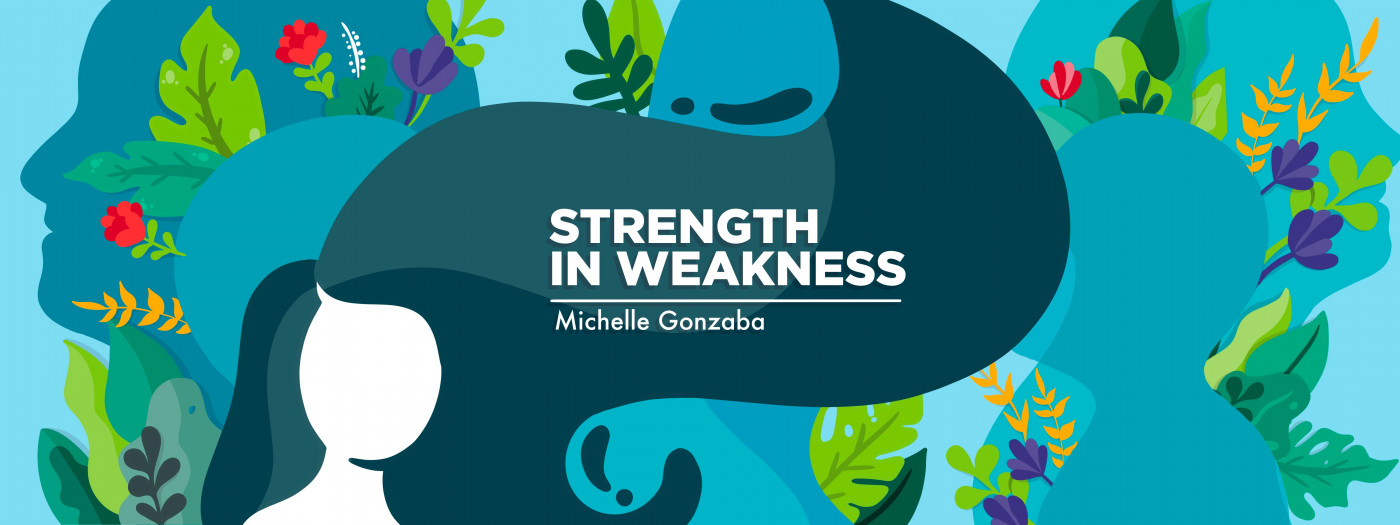How MG Taught Me to Put Kindness Before Judgment
Written by |

Myasthenia gravis (MG) really enjoys hiding from other people.
While a droopy eyelid is easy to observe, most of the other symptoms are not noticeable to outsiders. Weakness in the arms, legs, face, and other areas may only be detectable after someone with MG attempts to complete certain tasks. Because of this, people are often left confused about the disease and its impact.
I have befuddled someone with an explanation of MG plenty of times. Sometimes I can make people question it without even speaking to them, such as when I needed accommodations in college due to the weakness in my arms and legs.
I was attending summer school in between my first and second years of college. I hadn’t had a thymectomy yet and was having little success with steady doses of different medications. Unfortunately, my legs were still pretty weak, and I could only walk a short way before I had to sit down for a rest. Combined with the Texas summer heat, walking from my car to campus became a big hurdle to overcome.
Like many college campuses, mine had a tragically low number of good parking spots. Before MG, this would have been no more than a common annoyance. But after MG, my legs simply couldn’t carry me half a mile in temperatures that hovered around 100 degrees F.
At first, I really didn’t know what to do. Both my mother and sister worked all day, and I was too embarrassed to ask the few friends who knew about my condition to drop me off. After finding no solutions, I spoke to my doctor about the issue.
My doctor understood my dilemma and decided to sign off on a temporary disability parking placard. This would allow me to park in disability-accessible spots when I couldn’t find a spot close enough to campus. After a few weeks, I finally received the placard in the mail.
Now, I am someone who often experiences guilty feelings. I was born that way. I don’t know why I’m like this, but it’s not the worst trait to have. Still, my guilt level went through the roof whenever I used that parking placard.
Not only was I dealing with my own guilt, but also another heaping pile of it landed on me every time I saw someone looking at me as I got into or out of my car. I could see the judgment on their faces. They probably couldn’t believe some young and seemingly healthy-looking girl could use the disability parking spots. But had I been in their shoes, I probably would have thought the same thing.
The parking placard really helped me that summer, but it took me a long time to come to terms with my guilt about using it. It also took time for me to turn that guilt into something I could learn from.
There have been plenty of times I’ve felt annoyed watching someone who “looks” healthy slowly walk across the street. I’ve never shouted or blown my horn at them, but I was definitely bothered by it.
I had no right to be angry or annoyed. I had no idea if that person had a health issue that I couldn’t see straight away. Who was I to judge? I used to be just like the people who would give me disapproving looks when I used the parking placard.
From then on, I decided to be a little less judgmental about slow walkers. Maybe they had a health condition, maybe they didn’t. Was it really my business anyway? Of course not. No one should judge a person’s well-being based only on symptoms we can easily see. Whether they are suffering or not, it’s always better to treat people with kindness than with annoyance.
***
Myasthenia Gravis News is strictly a news and information website about the disease. It does not provide medical advice, diagnosis or treatment. This content is not intended to be a substitute for professional medical advice, diagnosis, or treatment. Always seek the advice of your physician or other qualified health provider with any questions you may have regarding a medical condition. Never disregard professional medical advice or delay in seeking it because of something you have read on this website.
Leave a comment
Fill in the required fields to post. Your email address will not be published.